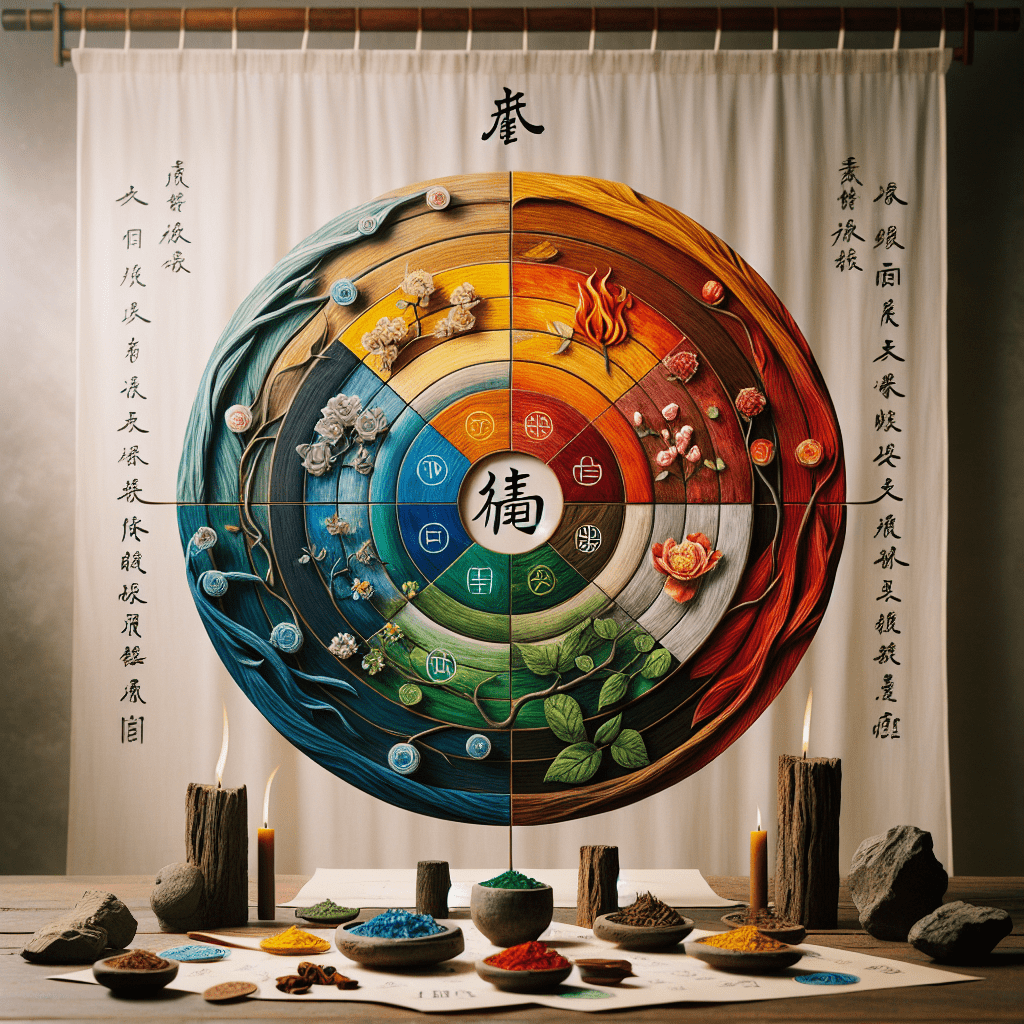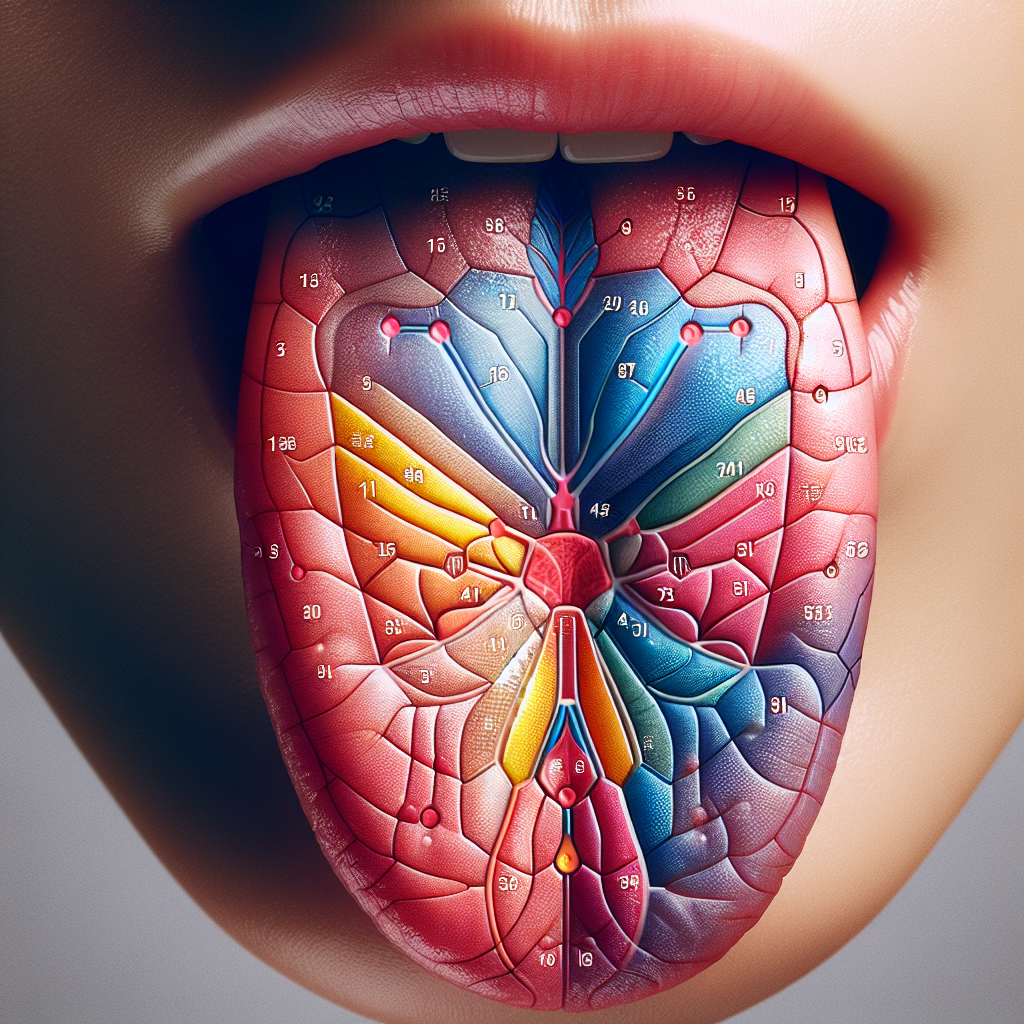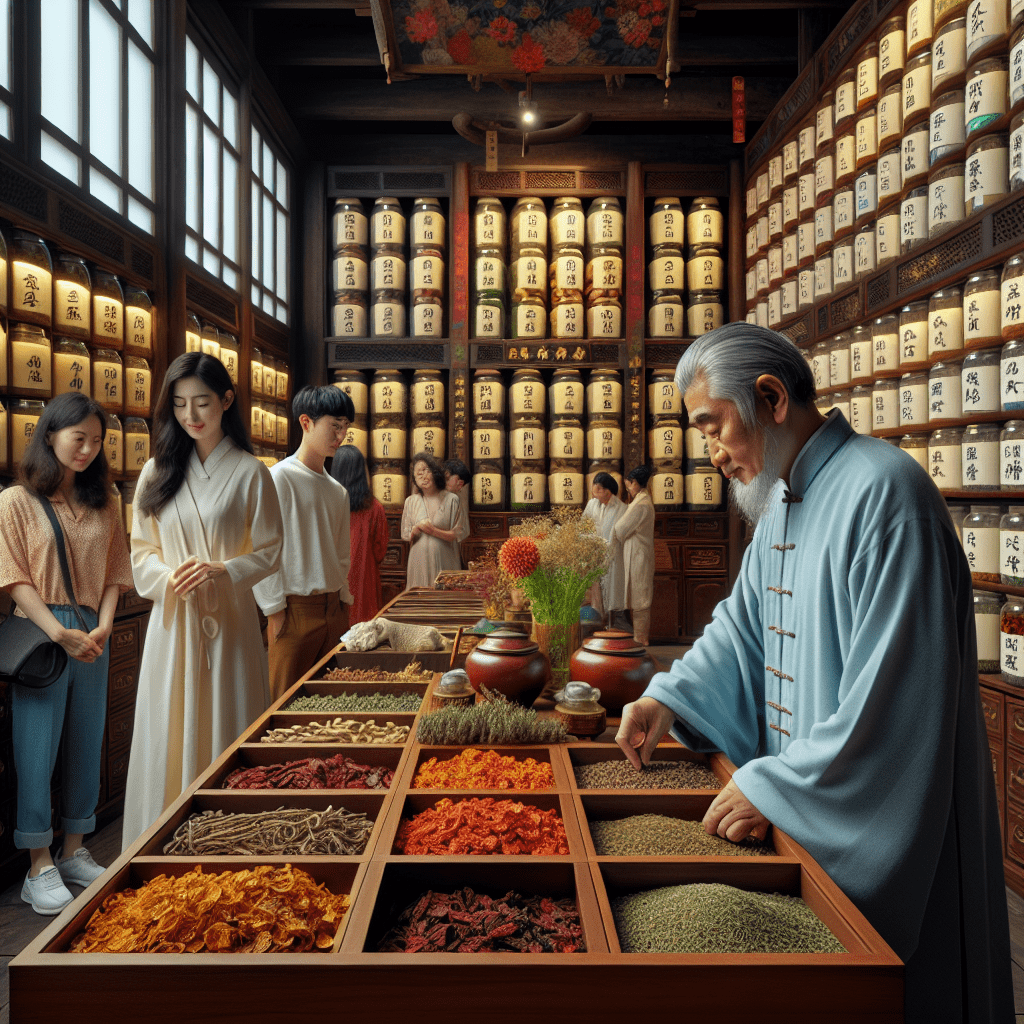Traditional Chinese Medicine (TCM) has emerged as a powerful alternative for those seeking holistic approaches to health and wellness. Dating back thousands of years, this ancient healing system views the body as an interconnected whole rather than a collection of separate parts. Today, TCM is experiencing a remarkable surge in popularity as more health-conscious individuals turn to natural remedies and holistic treatment methods. The beauty of TCM lies in its seamless integration of ancient wisdom with contemporary medical understanding, offering a unique perspective on achieving and maintaining optimal health.
At its core, Traditional Chinese Medicine operates on the principle that a balanced flow of vital energy, or qi, through the body’s meridians is essential for good health. When this energy becomes blocked or imbalanced, illness and discomfort can result. Unlike Western medicine, which often focuses on treating symptoms, TCM aims to address the root causes of health issues while considering the patient’s entire constitution. This comprehensive approach has captivated those disillusioned with conventional healthcare’s sometimes compartmentalized nature.
The Educational Journey to Becoming a Doctor of Traditional Chinese Medicine
Embarking on the journey to become a Doctor of Traditional Chinese Medicine requires dedication, perseverance, and a deep appreciation for both ancient healing traditions and modern medical science.
The path to becoming a Doctor of Traditional Chinese Medicine is rigorous and multifaceted. Most practitioners begin with a master’s degree program in Traditional Chinese Medicine or Oriental Medicine, which typically requires 3-4 years of full-time study. These programs provide a solid foundation in both TCM principles and Western biomedical sciences, creating well-rounded practitioners who can bridge Eastern and Western healing traditions.
“The educational pathway for a Doctor of Traditional Chinese Medicine involves immersion in both ancient wisdom and modern medical knowledge,” explains Dr. Li Chen, a TCM educator with over 20 years of experience. “Students must master complex theories while developing practical skills that have been refined over millennia.”
Master’s programs in TCM typically require approximately 2,500-3,500 hours of education, including classroom instruction and supervised clinical training. The curriculum blends acupuncture techniques, herbal medicine formulation, TCM theory, and biomedical sciences. This integration allows future practitioners to understand both traditional diagnostic methods and modern medical terminology, creating a comprehensive approach to patient care.
Many accredited institutions now offer these specialized programs, with some even providing accelerated tracks for healthcare professionals with prior medical training. For instance, Yo San University offers a program that allows for the transfer of approximately 760 hours based on prior learning, making the transition into TCM more accessible for those with relevant experience.
Key Components of TCM Education
The education of a Doctor of Traditional Chinese Medicine encompasses several crucial components. First among these is the study of Chinese botanical medicine, which involves learning about hundreds of herbs, their properties, and how to combine them into effective formulas. Students memorize the characteristics of individual herbs while mastering the art of creating balanced prescriptions tailored to specific conditions and constitutional types.
Acupuncture training forms another cornerstone of TCM education. Students learn to identify the body’s meridian pathways and the hundreds of acupuncture points along them. They practice needling techniques, moxibustion (the burning of mugwort near acupuncture points), cupping, and other therapeutic methods designed to restore the flow of qi throughout the body.
Diagnostic methods in TCM differ significantly from Western approaches, and mastering them requires extensive practice. Students learn the four primary examination methods: inspection (observing the patient’s appearance), auscultation and olfaction (listening and smelling), inquiry (questioning about symptoms and lifestyle), and palpation (feeling the pulse and examining the abdomen).
Clinical training is particularly vital in TCM education. Most programs require at least 1,000 hours of supervised clinical practice, during which students observe experienced practitioners, assist with treatments, and eventually provide care under supervision. This hands-on experience proves invaluable in developing the intuitive diagnostic skills that characterize exceptional TCM practitioners.
“In Chinese medicine schools, clinical training focuses on hands-on practice in acupuncture, herbal medicine formulation, and traditional diagnostic methods,” notes Dr. Sarah Wong, clinical director at a prominent TCM teaching clinic. “This practical experience is where students truly begin to understand how theory translates into effective patient care.”
Certification and Licensure for TCM Practitioners
Navigating the certification and licensure process is a critical step in the professional journey of every Traditional Chinese Medicine practitioner.
After completing their education, aspiring Doctors of Traditional Chinese Medicine must navigate a complex certification and licensure process. In the United States, most practitioners seek certification through the National Certification Commission for Acupuncture and Oriental Medicine (NCCAOM), which administers comprehensive examinations in acupuncture, Chinese herbology, and biomedicine.
The NCCAOM certification process is rigorous, testing candidates on both theoretical knowledge and practical applications. Successful completion of these exams demonstrates competency in fundamental TCM principles and practices. The certification is valid for four years from the date of application approval, after which practitioners must fulfill continuing education requirements to maintain their credentials.
State licensure requirements vary significantly across the United States. Most states require NCCAOM certification or equivalent examination, but additional requirements may include specific coursework, clean needle technique certification, and background checks. Some states have independent licensing boards that administer their own examinations.
“Licensure requirements vary from state to state,” explains regulatory expert Michael Thompson, “but most states require the successful completion of the National Certification Commission for Acupuncture and Oriental Medicine examinations, along with proof of completed coursework from an accredited institution.”
Continuing education is a crucial aspect of maintaining licensure and certification. TCM practitioners typically need to complete 60 hours of approved continuing education every four years to renew their NCCAOM certification. This requirement ensures that practitioners stay current with advances in both TCM and Western medicine, continually enhancing their ability to provide optimal patient care.
Areas of Specialization Within Traditional Chinese Medicine
The diverse specializations within Traditional Chinese Medicine allow practitioners to develop expertise in specific treatment modalities and health conditions.
The field of Traditional Chinese Medicine offers various specialization opportunities for practitioners seeking to focus their expertise. Acupuncture specialization involves mastering advanced needling techniques and developing proficiency in specific treatment approaches such as Japanese acupuncture, auricular acupuncture, or electroacupuncture. Each of these methodologies has unique applications and benefits for different conditions.
Herbal therapy represents another significant area of specialization. Practitioners may focus on formulating custom herbal prescriptions for specific health concerns such as women’s health, digestive disorders, or respiratory conditions. This specialization requires in-depth knowledge of hundreds of herbs and their interactions, along with the ability to modify classical formulas to suit individual patient needs.
Other specialized areas within TCM include:
- Pediatrics, focusing on gentle treatments for children
- Gynecology, addressing women’s reproductive health
- Oncology support, providing complementary care for cancer patients
- Sports medicine, helping athletes recover from injuries and enhance performance
- Geriatrics, adapting TCM principles to address age-related health concerns
Achieving national board certification in a specialized area demonstrates a practitioner’s commitment to excellence in that domain. These certifications typically require additional training and examination beyond the basic requirements for TCM practice. For health-conscious individuals seeking specialized care, these credentials provide assurance of a practitioner’s expertise in addressing specific health concerns.
“TCM includes various specialties, such as oncology, family medicine, pediatrics, gynecology, internal medicine, trauma, and acupuncture for pain management,” says Dr. James Liu, who specializes in TCM oncology support. “Each specialization requires additional training and clinical experience to truly master the nuanced approaches needed for these specific patient populations.”
Professional Practice Opportunities for Doctors of Traditional Chinese Medicine
Doctors of Traditional Chinese Medicine enjoy numerous professional opportunities that allow them to apply their unique skills and knowledge in various healthcare settings.
Licensed Doctors of Traditional Chinese Medicine have numerous professional opportunities available to them. Many practitioners choose to open private clinics, either independently or in partnership with other healthcare providers. These clinics may focus exclusively on TCM or offer integrated care alongside Western medical practitioners, massage therapists, and other wellness professionals.
The commitment to holistic principles guides how TCM doctors approach patient care. Rather than simply treating symptoms, they conduct comprehensive assessments that consider physical symptoms, emotional well-being, lifestyle factors, and environmental influences. This thorough approach allows them to develop treatment plans that address both immediate concerns and underlying imbalances.
Treatment modalities offered by TCM practitioners typically include acupuncture, herbal prescriptions, dietary therapy, exercise recommendations (such as tai chi or qigong), and lifestyle counseling. Many practitioners also incorporate techniques such as cupping, gua sha (scraping therapy), and tui na (therapeutic massage) into their treatment protocols.
Lifelong learning remains essential for TCM practitioners who wish to provide the highest quality care. Beyond required continuing education, many doctors pursue additional certifications, attend specialized workshops, and participate in research to deepen their understanding of both traditional practices and emerging innovations in the field.
“To become an exceptional Doctor of Traditional Chinese Medicine requires not just formal education but a commitment to continuous learning and growth,” reflects Dr. Emily Zhang, who maintains a thriving practice in San Francisco. “The ancient wisdom of TCM is vast, and there are always new insights to gain through clinical experience and scholarly study.”
Bridging Ancient Wisdom with Modern Innovation
The integration of ancient Eastern healing wisdom with modern technology creates powerful new possibilities for holistic health and wellness approaches.
The journey to becoming a Doctor of Traditional Chinese Medicine beautifully mirrors the philosophy behind HerbalsZen’s innovative EASTCHI AI platform. Just as TCM practitioners blend traditional Eastern wisdom with contemporary medical knowledge, EASTCHI AI seamlessly integrates 2,000-year-old Eastern medical theories with cutting-edge artificial intelligence technology.
This fusion of ancient and modern approaches creates powerful synergies. TCM education emphasizes understanding individual constitutional types and seasonal influences on health—principles that EASTCHI AI incorporates into its customized nutrition plans and lifestyle recommendations. The system’s analysis of users’ constitutional types through Five Element Theory directly applies core TCM concepts in an accessible, technology-enabled format.
The Eastern concept of food as medicine, a fundamental aspect of TCM training, informs EASTCHI AI’s dietary guidance. This approach recognizes that properly selected foods can help restore balance and support the body’s natural healing processes—a principle that TCM doctors spend years learning to apply effectively.
For health-conscious individuals intrigued by Eastern healing philosophies, both TCM practitioners and platforms like EASTCHI AI offer pathways to explore holistic wellness approaches. Whether through consultation with a Doctor of Traditional Chinese Medicine or through technology-enabled guidance, these resources make ancient wisdom accessible and applicable to modern life.
The rigorous education, certification, and specialization required to become a Doctor of Traditional Chinese Medicine ensures that these practitioners can effectively translate timeless healing principles into personalized care. Similarly, EASTCHI AI’s sophisticated algorithms transform complex Eastern medical theories into practical recommendations suited to individual needs and goals.
In both cases, the underlying philosophy remains consistent: health and wellness emerge from balance, harmony, and the body’s innate capacity for self-healing when properly supported. This perspective offers a compelling alternative for those seeking more holistic approaches to their health journey.
Whether through the guidance of a skilled TCM practitioner or innovative digital platforms, the wisdom of Traditional Chinese Medicine offers valuable insights for those on a journey toward optimal health and wellness.




